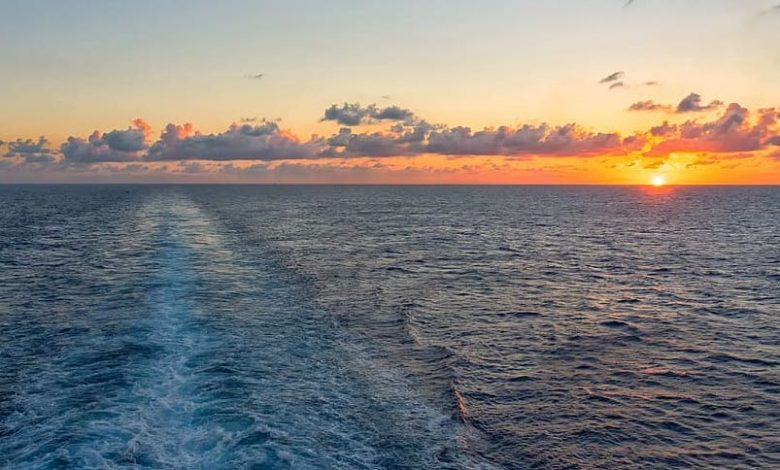Patient persistent Pacific research and diplomacy moves shipping ambition

Dr Peter Nuttall from the Micronesian Centre for Sustainable Transport details planned $80bn annual pollution levies on the table at the IMO.
The Republic of the Marshall Islands and the Solomon Islands lodged new submissions at the International Maritime Organization (IMO) this week, calling for greatly increased and 1.5 commensurate levels of ambition, commitment to an equitable global transition and for shipping to agree to a high price on GHG.
This is the largest and most ambitious carbon price call for any sector in the world. The science and economics are clear, the transition requires a paradigm shift, but it is technically possible and achievable.
The IMO must agree its revised Strategy for GHG emissions in July. It will be a watershed moment for this UN agency – its credibility is on the line. It is being called shipping’s ‘trillions transition’, the greatest investment opportunity in shipping’s history. Large industry and big shipping countries are positioning their economies to benefit from next generation, GHG free shipping, but it will come at a global cost, likely greatest for our island states.
At the heart of IMO negotiations is the question of what to do with the revenues that the Strategy will generate. The Marshall Islands and Solomon Islands proposal is by far the most ambitious, with the World Bank valuing it at between $60-80 billion per year. Other proposals are less ambitious but would still raise significant sums. How much will be committed to the priority needs of the climate vulnerable depends on the skill and stamina of our Pacific negotiating teams over the next six months.
The hard work of Pacific delegations at IMO has resulted in the concept of an Equitable Transition being adopted, one that leaves no state left behind. This is key to unlocking financing revenues for transitioning our domestic fleets to better and cleaner technologies and more appropriate and affordable shipping.
The solution to the shipping dilemma and future shipping costs in the Pacific now rests with Pacific delegations, who have worked diligently and quietly for us for the last seven years. They need and deserve our countries’ full support – now.

What is more appropriate and affordable shipping? Follow the money.
Hi Phil
https://www.mcst-rmiusp.org/index.php/hlpu/pacific-blue-shipping-partnership gives you a starting point for your literature review on Pacific domestic shipping transition options. https://idw-online.de/en/news800453 gives an example of the next generation vessels now being trialed- still diesel aux, but aiming at 80% reductions. Which future fuels options might be available to the Pacific to reach for 100% decarbonisation is still an open question but large reductions in emissions and fuel use are available today with known technologies so that is where we need to start. Unfortunately, for our small islands, the transition is a financing/insurance – not a technology – issue. So yes, follow the money. Why aren’t shippings profits taxed? Thanks for your interest, Pete